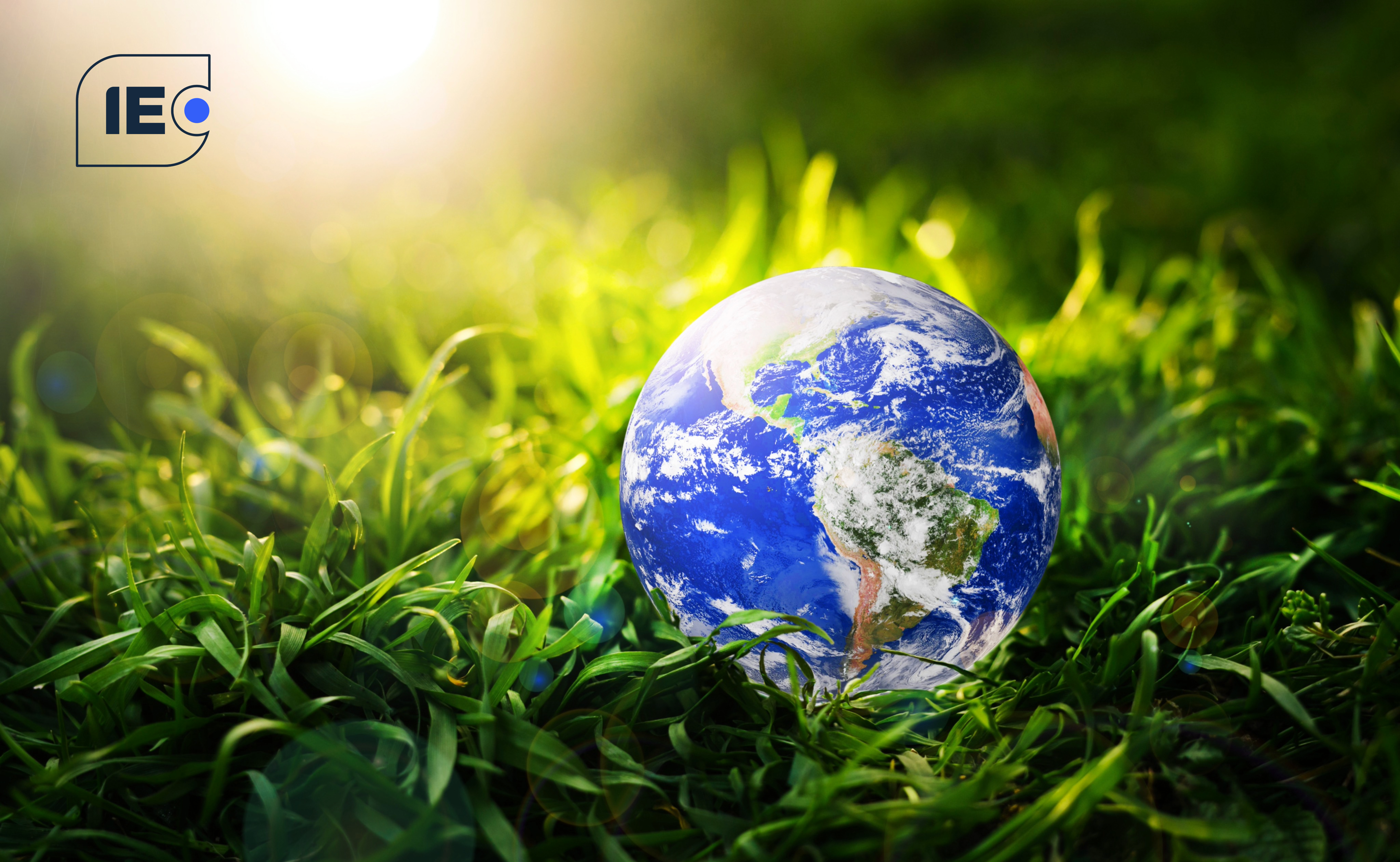Every year, Earth Day gives us a chance to pause and think about how we’re taking care of the systems that support us—our land, water, air, and the people and communities connected to them. In 2025, that reflection feels especially important. We’re seeing more pressure on natural resources, and at the same time, we’re being asked to solve more problems, often with fewer resources.

That’s where evaluation comes in—not as an afterthought, but as a tool that helps us do better with what we have.
Today’s challenges don’t show up one at a time. A drought isn’t just about water. It affects crops, health, jobs, and even stability in some regions. The same goes for land degradation or pollution. These issues are deeply connected, and to respond effectively, we need to see the full picture.
Good evaluation helps us do that. It shows what’s working, what isn’t, and why. It helps us ask the right questions and make more confident, informed decisions. That’s especially important when resources are limited and choices matter more than ever.
At the GEF Independent Evaluation Office, we’ve seen how useful this can be—especially when different organizations work together. When agencies share information, coordinate efforts, and build on each other’s strengths, they not only avoid duplication—they make things simpler and more effective for everyone involved.
And it’s not just about programs. This spirit of collaboration is helping shape the evaluation field itself. Through EvalforEarth, a growing Community of Practice, evaluators from all over the world are connecting, learning, and improving how we do this work—together.
Earth Day is a great moment to remind ourselves that every sector—whether it’s food, health, infrastructure, or finance—now intersects with bigger, more connected risks. That means every evaluation is a chance to strengthen not just one project, but the way we approach problems across the board.
So let’s keep asking the relevant and difficult questions. Let’s keep learning from what works—and from what doesn’t. And let’s keep making evaluation more useful, more thoughtful, and more impactful.
Not just on Earth Day, but every day.
